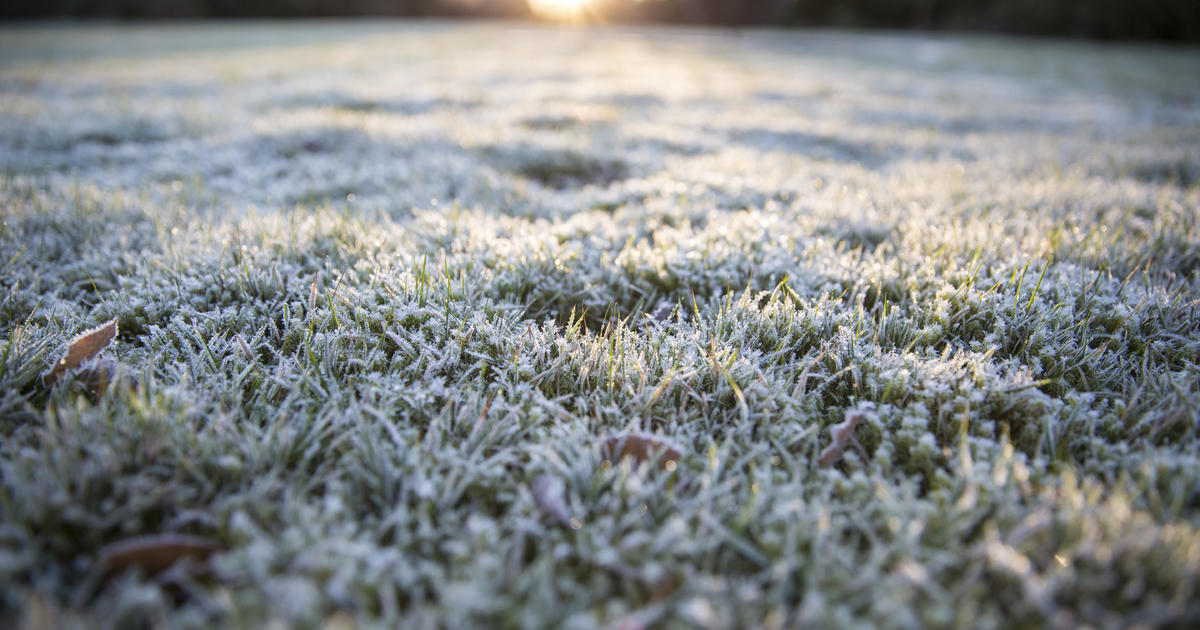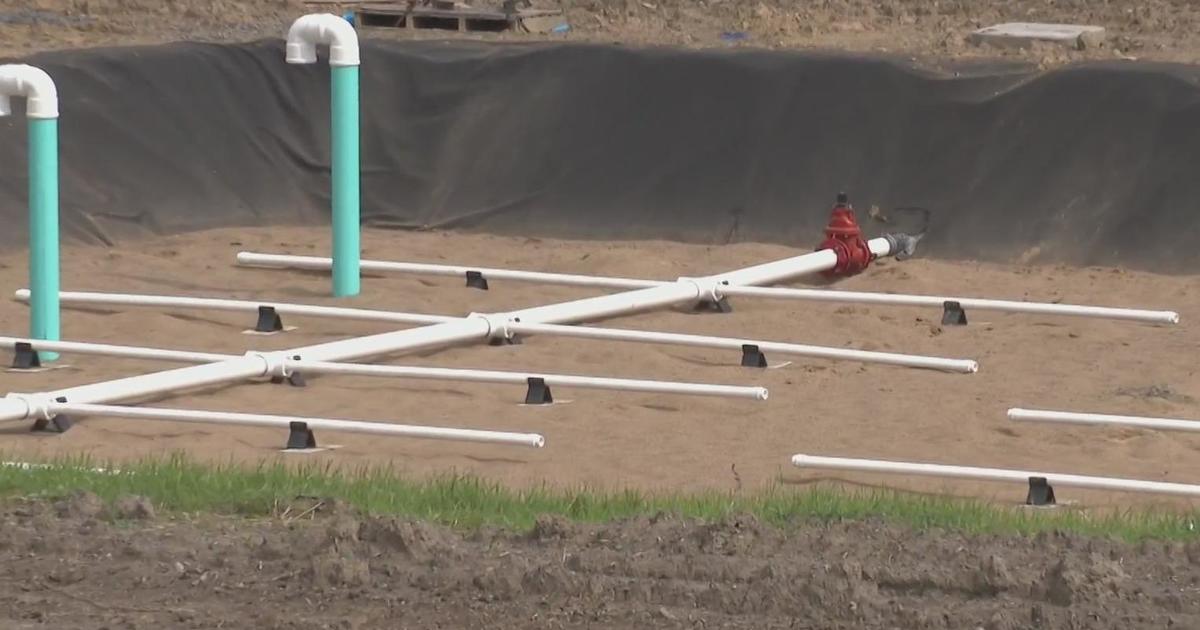'Super Plants' Help To Clear The Air
PITTSBURGH (KDKA) - Plants have long been used medicinally, but a group of plants are now being recognized as "super plants" for what they can do to clear the air.
Since medieval times, women and men carried tiny bunches of fragrant flowers called "nosegays." The flowers literally made the nose happy and helped them breathe easier in bad air.
The weeping fig is in Kelly Ogrodnick's dining room. It's just one of the "super plants" that fill her home in Regent Square. They serve a purpose other than just being decorative.
"They're actually taking up pollutants and toxins through their small pore in their leaves," Ogrodnic said.
Our energy-efficient homes are now more air-tight, trapping everything inside from chemicals in cleaning products to dust particles.
"One of the big ones is formaldehyde, which is a chemical that's in many products that are in our homes. It's often in furniture and carpeting," Dr. Deborah Gentile said.
Dr. Gentile, an asthma and allergy specialist at Allegheny General Hospital said she now knows why her mom was always a big fan of plants in the house.
"They basically absorb toxins and pollutants that normally would irritate your airways," Dr. Gentile said.
EPA studies show that on average, the air inside our homes is 2-to-5 percent more polluted than the outside air.
However, houseplants like philodendron, mother-in-law's tongue, and peace lily are all "super plants" that can purify it.
Other "super plants" you might want to consider are: spider plants, asparagus ferns, English ivy, bamboo palms, purple heart plant, pothos, potted mums, gerbera daisy, and orchids.
When not caring for her own plant collection Ogrodnic is the Sustainable Design and Programs Manager at the Phipps Conservatory, where you can also find a special display of "clean air plants."
Most houseplants are tropical and like filtered sun, humidity, and 68-to-70-degree temperatures. But, don't over-water them.
"The bad thing might be if you're over-watering the plants you could actually increase mold production. And if you're allergic to mold, that could trigger your symptoms," Ogrodnic said.
The belief that these plants can clear toxins from the air isn't just an old wives' tale.
A number of scientific studies from universities, including NASA, back it up.
RELATED LINKS
More Local News
More Health News
More Reports From Mary Robb Jackson
Phipps Conservatory
Allegheny General Hospital



